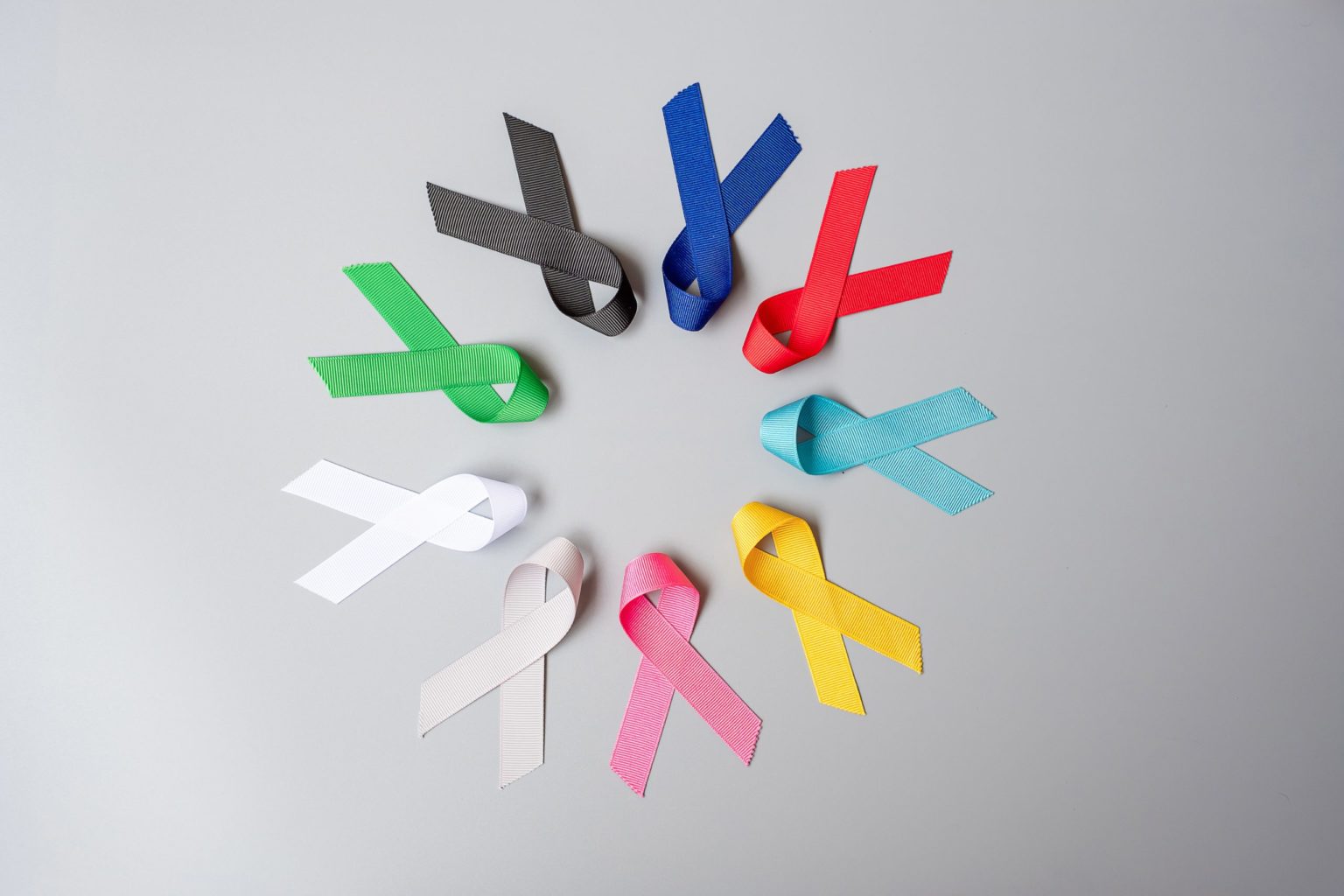Cancer patients must cope with the physical impact of their illness, as well as the high cost of medical treatments. Most cancer patients must take several drugs on a regular basis, and sometimes a single medication can cost $10,000 per month. Even individuals with health insurance may be responsible for $4,000 or more in annual copay costs.
The costs of medical care and prescriptions are not the only costs that cancer patients may face. Understanding the range of potential expenses and available options for financial assistance can help you manage your treatment and focus on your recovery without being consumed by financial concerns.
Expenses
There are several expenses that you may face once you are diagnosed with cancer. You may need to take time off work in order to be able to receive treatment. The full cost of cancer treatment includes personal costs and reduced resources due to the inability to work.
What Personal Expenses Can You Face?
You may find that you struggle with fatigue as a result of your illness and the medications you are prescribed. You may be unable to cook meals for your family or clean your home. You may also be unable to care for your children when they are not in school. You may need to hire a personal care aide to come to your home and look after routine tasks, such as cooking, cleaning, and bathing. You may also need to hire someone to transport your children to and from school and pay for childcare services if they are young. You may also have personal expenses, such as the cost of wigs and new clothes due to weight loss.
How Can Cancer Affect Your Financial Resources?

You may have less money to cover your personal living expenses and healthcare costs due to your inability to work. Your spouse or family members may also have their incomes affected if they need to take time off to transport you to medical appointments or care for you during your illness. Your health insurance plan may also be affected if you are unable to continue working.
How Much Does Treatment Cost?
Individuals who are receiving chemotherapy treatment may go through treatment cycles that last approximately six weeks. Several cycles may be required to achieve treatment goals. Some individuals undergo surgery for cancer and may be required to complete up to six months of chemotherapy in conjunction with their surgery. With drug costs of as much as $10,000 per prescription and the need to take multiple drugs for up to six months, you may have over $100,000 of medication costs to cover alone. This does not include any copay costs or the costs of tests or treatments that your health insurance does not cover.
Financial Resources

Cancer patients have several options for financial aid that they can pursue.
What Personal Financial Resources Can You Use to Cover Your Costs?
Financial assistance for cancer patients can be accessed through your life insurance policy. You can sell your policy through a viatical settlement. You will receive a cash sum from a buyer. The buyer becomes the beneficiary of your policy and also assumes the costs of monthly premiums. You can use the funds you receive from a viatical settlement to cover your personal costs, treatment costs, and any other expenses that arise.
Are There Organizations That Provide Financial Aid?

Many organizations, such as the American Life Fund, can offer financial assistance to you when you are diagnosed with cancer. You may be eligible for cash payouts to cover treatment costs. You may also qualify for food stamps and financial aid from the government.
Are There Organizations That Provide Practical Assistance?
The American Cancer Society may be able to provide you with free transportation to medical appointments. CancerCare also offers transportation and assistance with child care. Pharmaceutical Patient Assistance Programs may also be able to assist you with the costs of medication. There may also be local church groups that are willing to provide you with financial help or cover some of your personal needs during your cancer treatment.





